Artificial Intelligence (AI) is making waves in the music industry—changing how songs are composed, performed, and distributed. While some see AI as a revolutionary creative tool, others raise questions about its impact on musicianship, originality, and the future of human expression in music.
How is AI Being Used in Music?
AI in music involves using algorithms and machine learning to compose, remix, analyze, and perform musical pieces. From composing background scores to recommending playlists, AI is influencing nearly every aspect of the music ecosystem.
Insights from Experts on AI in Music
A Tool for Creative Expansion
Many music technologists and producers view AI as a co-creator rather than a replacement. According to Dr. Rebecca Fiebrink, a computer music researcher, “AI can help musicians explore sounds they wouldn’t have otherwise considered. It’s like working with a collaborator who pushes your creative boundaries.”
Artists like Holly Herndon and Taryn Southern have used AI to co-write albums, showing how algorithms can generate vocal harmonies, melodies, and rhythms that complement human input.
Ethical and Legal Concerns
Legal scholars and music rights experts warn that AI-generated music blurs the line of authorship and copyright. AI models often learn from vast datasets of existing music. If a model is trained on copyrighted works, who owns the final output?
Dr. Joanna Demers, professor of musicology and ethics, notes, “We must reconsider what it means to ‘own’ a piece of music when no single human composed it in the traditional sense.”
The Future of Human Musicianship
While some fear that AI will replace human musicians, others argue the opposite—that it will augment human creativity. Grammy-winning producer Alex Da Kid emphasizes that “AI gives artists a way to break creative blocks, not replace the artist’s soul or intent.”
AI can analyze patterns in hit songs, predict chord progressions, and suggest lyrics. But many experts agree that true emotional depth still comes from human experience.
Bias and Representation
AI-generated music can reflect the biases of its training data, often favoring dominant genres or languages. Experts warn that if not managed carefully, AI could marginalize lesser-known styles or underrepresented cultures in music.
Musicologist Dr. Erik Nielson adds, “We need to be intentional about how and what we train AI on, or we risk reinforcing narrow musical norms.”
Conclusion
Experts agree that AI in music holds vast potential—but it also requires thoughtful application. While it can unlock new creative possibilities, concerns around ownership, bias, and authenticity must be addressed. As AI continues to evolve, its role in music should complement, not overshadow, the human element that makes music so powerful.


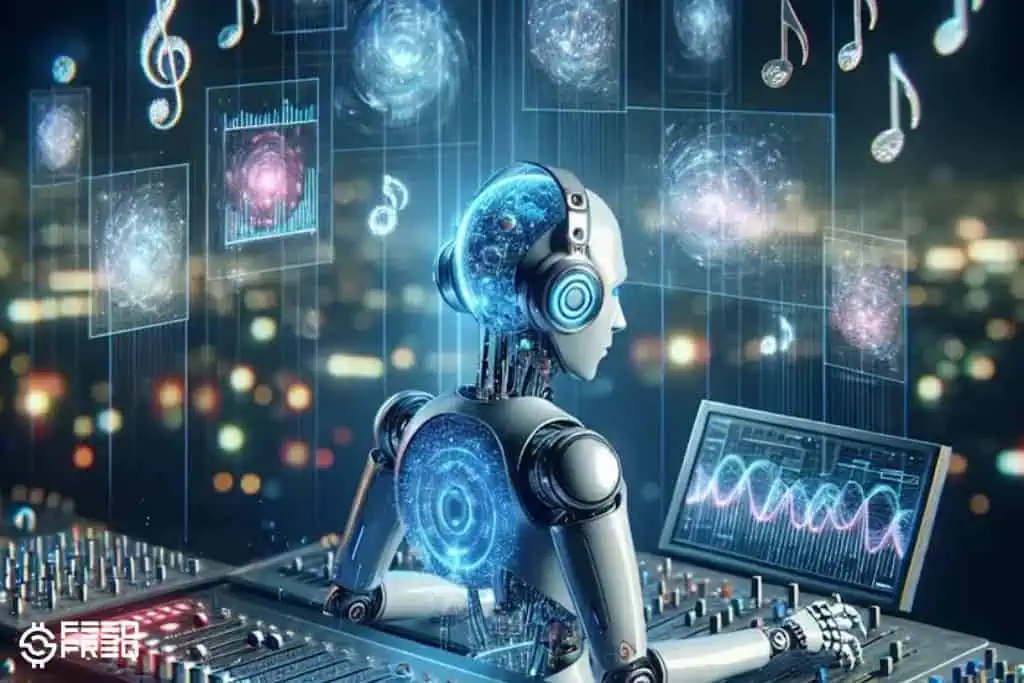
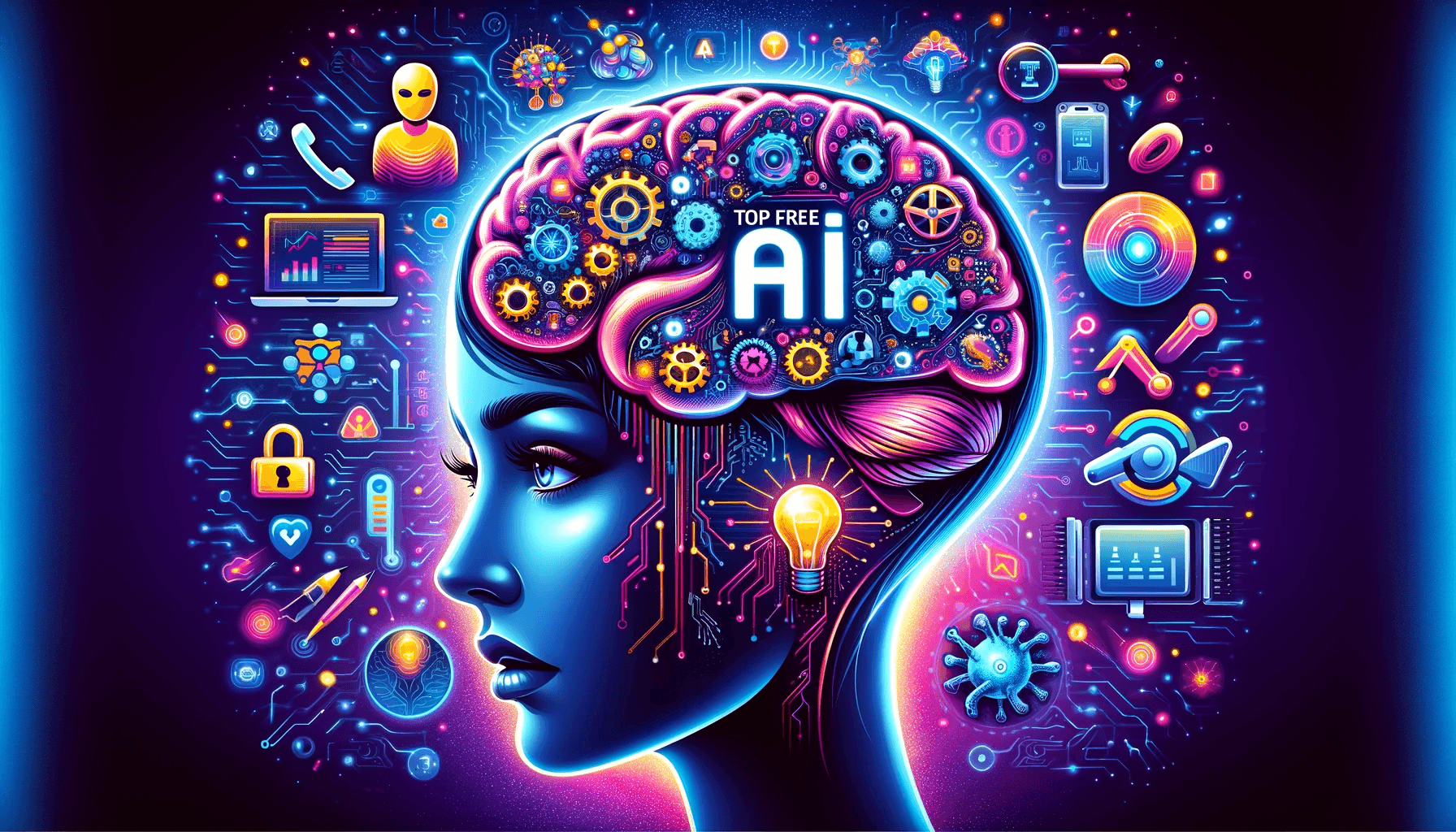
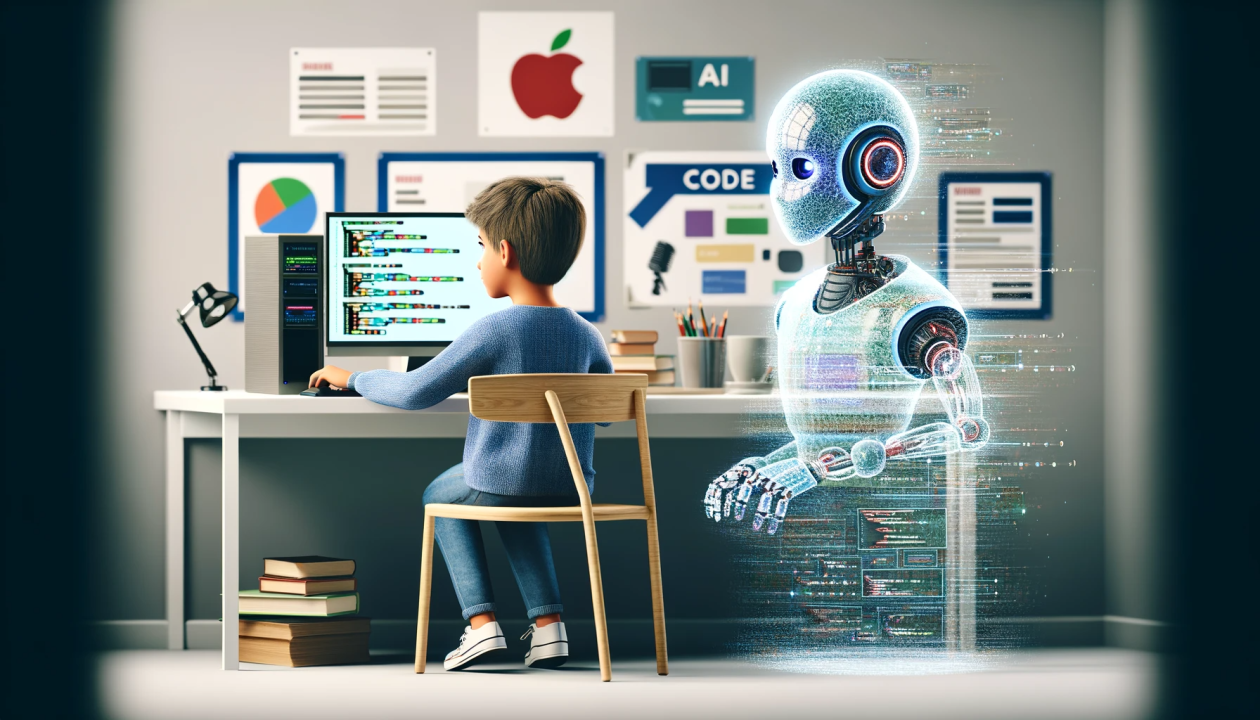
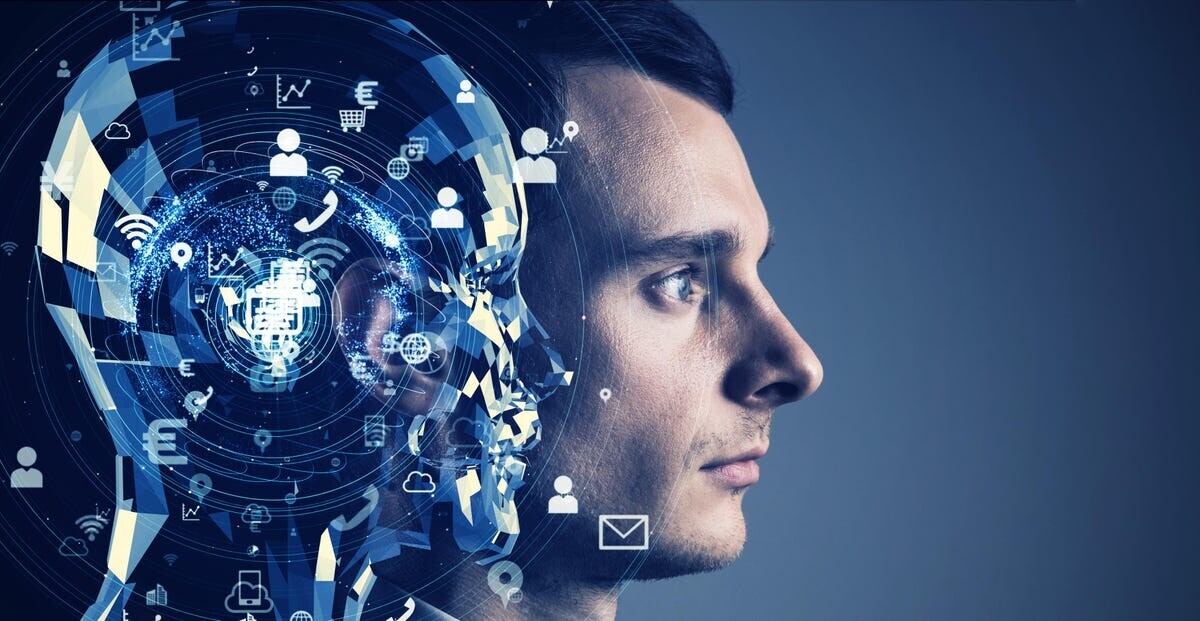
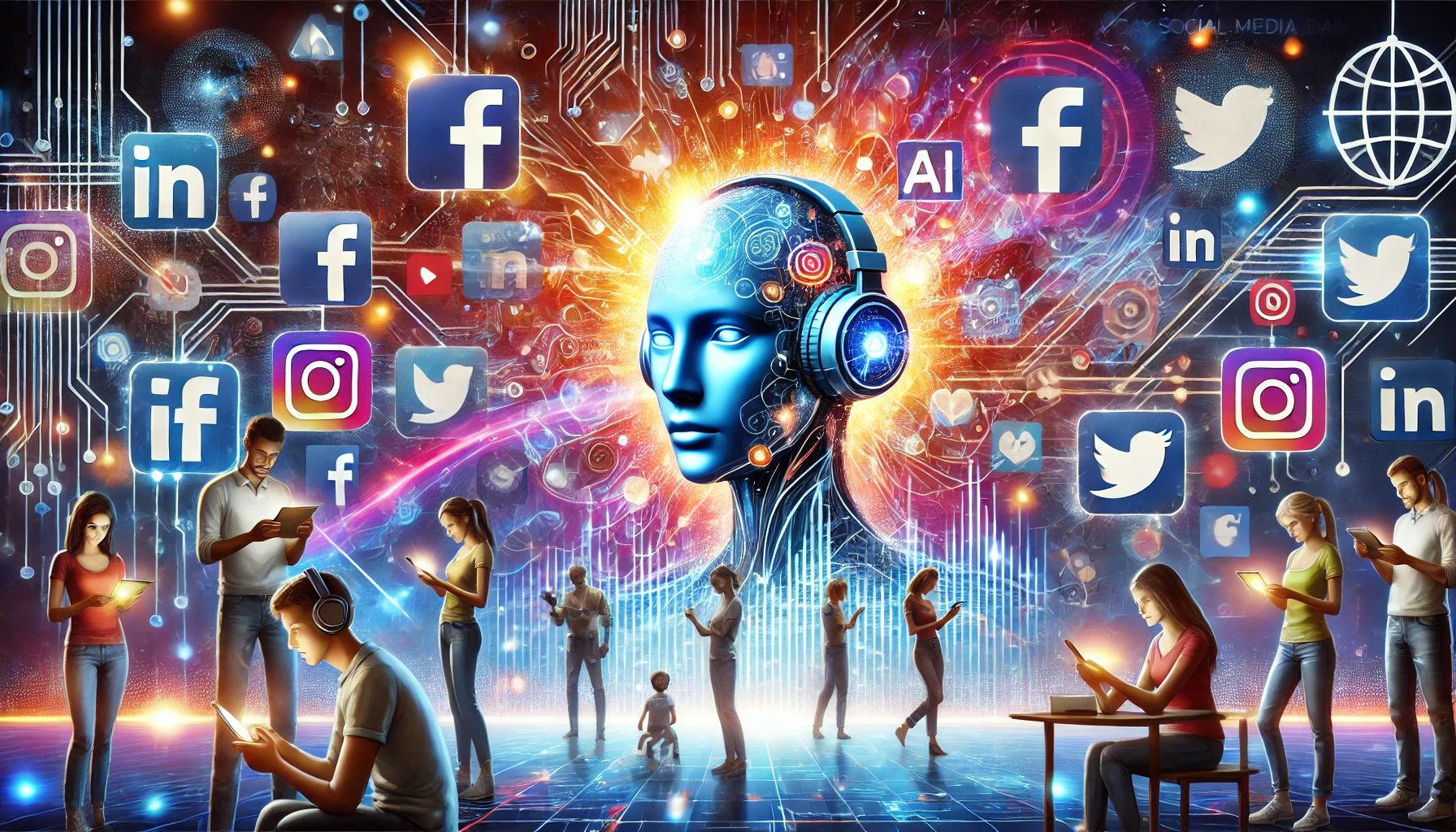
Leave feedback about this